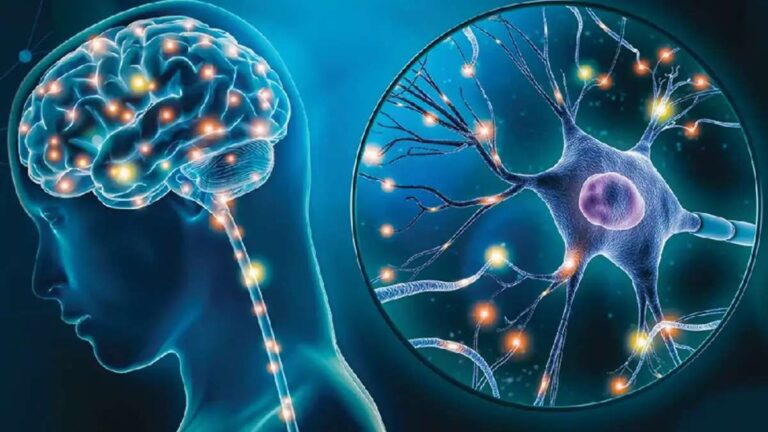Healing from an addiction needs courage, determination, and a strong wish to get back to mainstream life. Fortunately, addiction treatments have evolved in the past decade, focusing as much on the emotional needs of the patients as physical.
Substance abuse cases are always on the rise. For instance, in San Diego alone, an average of 426,000 people used some illicit drug in the past decade. People now opt for luxury rehabilitation properties like Villa Oasis Rehab to bring more empathy to the treatment procedure.
Addictions come in many forms — from alcohol and illicit drugs to nicotine addiction, which is often underestimated but just as challenging to overcome. Quitting nicotine, especially after long-term use, can bring intense withdrawal symptoms and emotional distress, requiring a structured recovery process similar to other forms of substance abuse treatment.
That being said, a person going through addiction treatment can feel overwhelmed with shame and negativity. These feelings are perfectly normal but must be overcome for the treatment to be successful. So, here are a few tips to help them out:
1. Steer Clear of Damaging Stereotypes
There are several stereotypes about a person who is addicted. Even when most people know that addiction stems from specific reasons such as abusive childhood or psychological trauma, the stereotyping of an addicted person as someone who doesn’t care simply doesn’t go.
As a friend or well-wisher, you must dismiss these stereotypes while urging the patient to avoid false assumptions. Stereotypes can be highly damaging, profoundly influencing the patient’s mind. These can come as hurdles in the way of recovery and self-improvement.
2. Encourage Self-Forgiveness
A person who has suffered substance abuse and is now undergoing treatment often finds it difficult to forget the bad experiences and, most importantly, forgive themselves for the mistakes in the past.
As a confidante, you can make them understand that addicted or not, people make mistakes and that acknowledging or opening up about these can significantly affect the healing procedure. In this regard, attending support group meetings and sharing one’s experiences with others who have gone through similar feelings helps a lot.
3. Motivate to Open Up to the Past
Overcoming addiction with physical and emotional healing becomes impossible until the person can look back at the past bravely. One needs to understand that this past can be very dark and often scarred, but accepting it is the only way to put it behind us and go ahead in life.
Engage in deep, meaningful, and empathetic conversations to enable the recovering addict to make this possible.
4. Emphasize Honesty and Apology
There is no denying that an addicted person often ends up hurting the people around them. However, as they start recovering, they are unable to overcome the guilt. If someone you know struggles to recover because of guilt and shame, coax them to be honest and apologize for all they have hurt.
Like all the other steps, this is challenging, too. So, start by trying to make them understand how an apology can make them feel better intrinsically and move towards a better future. Make the person believe that the world is beautiful and that people are ever willing to forgive and help them succeed in the journey.
5. Drive Focus on the Recovery
The experience and outcome of the addiction recovery treatment become way better when it is not considered a treatment but a pleasurable and fulfilling healing procedure.
Enable the person to eliminate the feeling of being trapped and enjoy the serenity. This can speed up the process and make it feel highly rejuvenating. Encourage them to journal their feelings and note down the little words of support and acts of kindness daily to keep returning to them whenever any negativity crops up.
The idea of luxurious rehab homes is to make addiction recovery a memorable experience from darkness to light.
Closing Thoughts
Last but not least, it is essential for anyone related to a recovering addict to understand that the process is a long and often troubled one. So, patience and positivity are the keys to following all these tips and providing the best available facilities to save a much-loved, valuable life.











